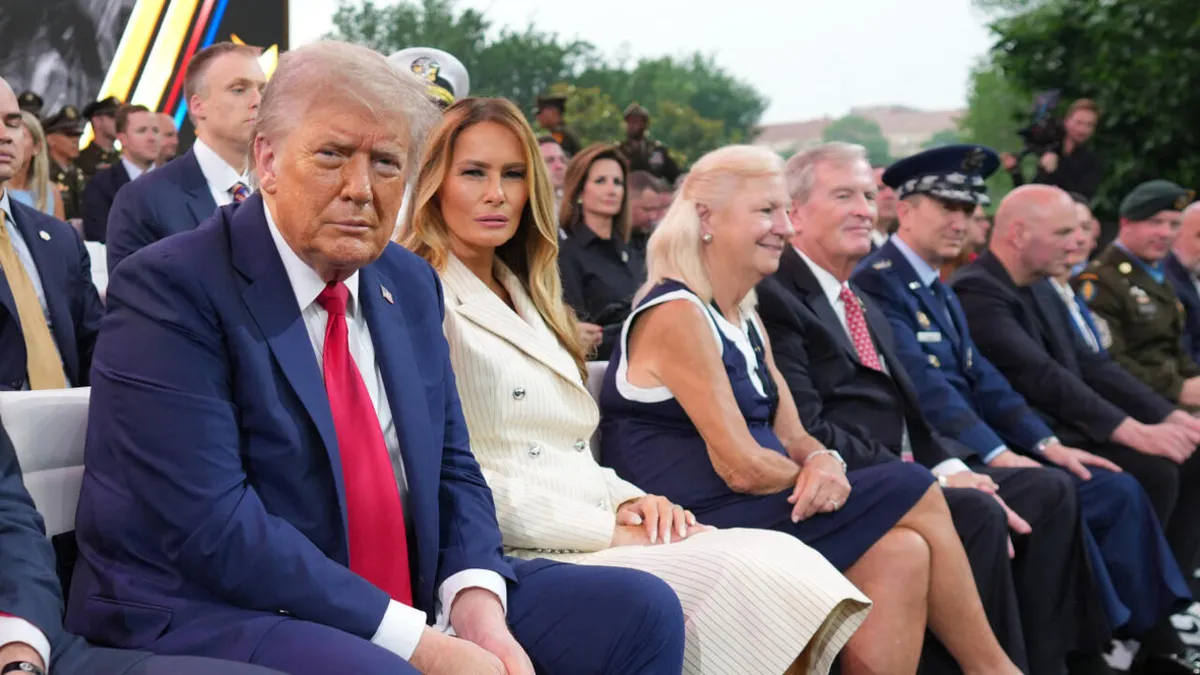
In a recent interview with ABC News, President Donald Trump expressed that the United States could potentially become involved in the escalating Iran-Israel conflict. He indicated a willingness to consider Russian President Vladimir Putin as a mediator in the ongoing tensions between these two nations. This revelation sheds light on Trump's perspective regarding U.S. foreign policy in the Middle East and highlights the complexities surrounding Iran's nuclear ambitions.
Trump noted that discussions surrounding Iran's nuclear program are ongoing, with indications that Tehran is eager to reach a deal. According to Trump, the recent military exchanges between Iran and Israel could potentially accelerate these negotiations. "It's possible we could get involved in the ongoing battle between the Middle East arch-foes," Trump mentioned during the off-camera interview with ABC News senior political correspondent Rachel Scott. He emphasized that, at this moment, the U.S. has not engaged in military action.
The situation has intensified as Israel launched significant aerial assaults aimed at crippling Iran's nuclear and military infrastructure. This has led to a cycle of retaliation, marking the third consecutive day of heavy strikes. Casualties are rising as both nations exchange fire, raising concerns about the broader implications for regional stability and U.S. involvement.
In related developments, Oman, which has previously acted as a mediator in the nuclear discussions, announced the cancellation of a sixth round of talks planned between Iran and the United States. Despite this setback, Trump reassured that communication between the two sides continues. "No, there's no deadline on negotiations," he stated when asked if there was a time limit for Iran to engage in discussions. "But they're talking. They'd like to make a deal. They're talking. They continue to talk," he affirmed.
Trump suggested that the ongoing clashes between Israel and Iran might be a catalyst for expediting nuclear agreement talks. "It may have forced a deal to go quicker, actually," he stated, indicating that the heightened tensions could lead to more urgent discussions about Iran's nuclear capabilities.
As the situation evolves, the potential for U.S. involvement and the role of international mediators like Putin remain crucial factors in determining the future of peace in the region. The dynamics of the Iran-Israel conflict continue to pose significant challenges to U.S. foreign policy and global stability.